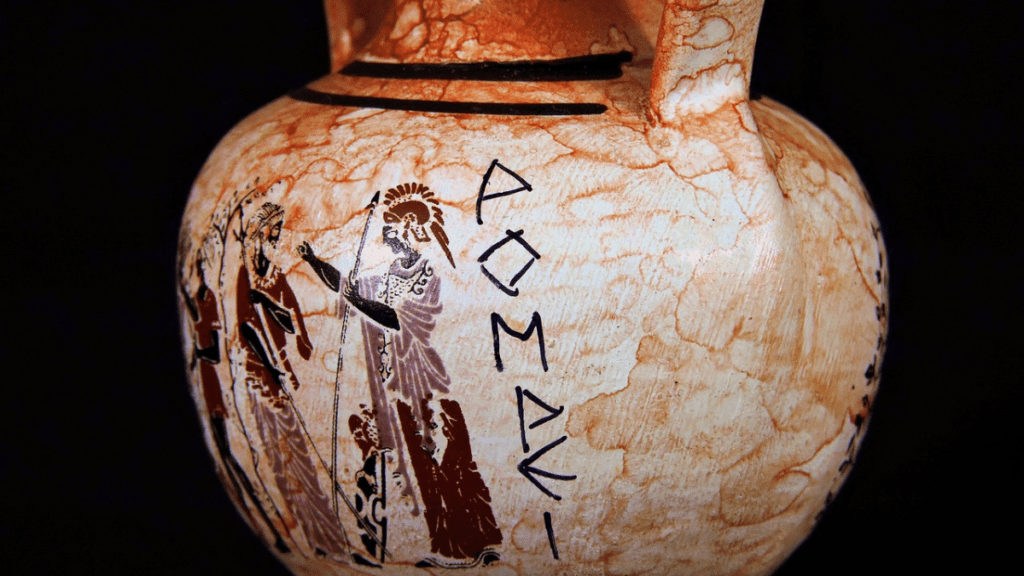Tragic Discovery Unveils Harrowing Moments of Pompeii’s Destruction
Archaeologists have made a shocking discovery in Pompeii, Italy, shedding new light on the tragic events of the city’s destruction during the infamous eruption of Mount Vesuvius in AD 79. The remains of a man and a woman, aged between 35 and 45 years and 15 to 20 years respectively, have been found in a small room, providing a chilling glimpse into the final moments of these individuals as they faced the catastrophic eruption.
The woman’s skeleton was discovered near a bed, surrounded by valuable items such as gold coins, gold-and-pearl earrings, and a key. Her desperate attempt to collect her belongings in the midst of chaos implies that she was making a final effort to retrieve what was precious to her. The room also contained a chest, stool, and service table cluttered with glass, bronze, and ceramic items.
In contrast, the young man was found crushed by a collapsing wall, his position near an exit suggesting that he may have been trying to escape but was unable to do so. Despite the unknown relationship between the two individuals, their proximity in the room highlights the shared experience of their final moments.
Archaeologists used plaster casts to reconstruct the original positions of the objects in the room, providing a clearer picture of the layout and the victims’ actions. This meticulous work reveals the personal choices and desperate attempts made by the Pompeii residents to survive the eruption.
The discovery contributes to the ongoing study of Pompeii, offering a deeper understanding of the human experience during one of history’s most devastating natural disasters. The discovery of these skeletons helps paint a more detailed picture of the events that transpired on that fateful day.
